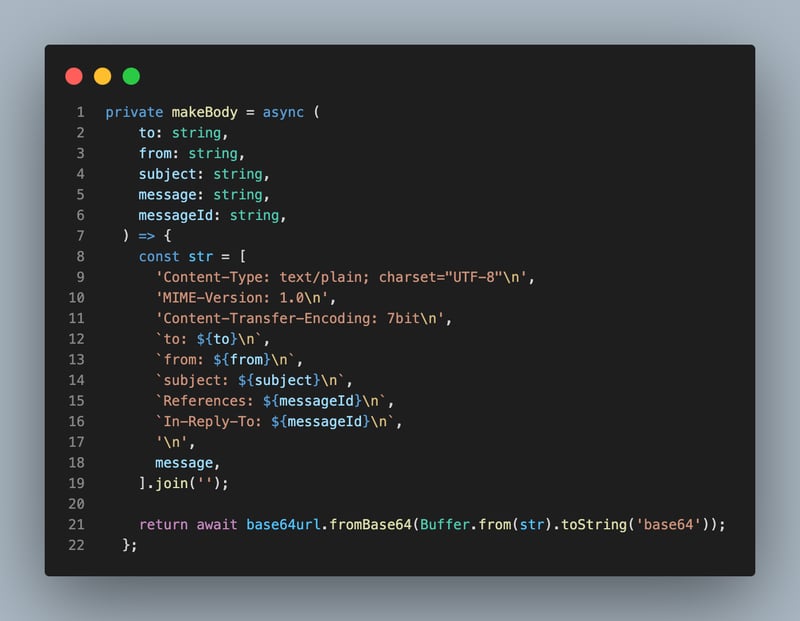After posting the first part of this interview with my friend we realized many things.
Have you ever watched the movie classic Gaslight? You grip your seat in a somewhat frustrated anger until the victim gets an ally; an outsider, an Objective Observer who tells her that her perception is in fact fine.
When we walk away ashamed of “failed challenges”, we feel alone, sad and disappointed. I do believe that voices must be heard, and I also do believe what we uncover doing these interviews is unprofessional conduct on the side of people management. By hearing out each other, by saying out loud “That was not okay!” we get a grip on these things.
Without further ado, let’s hear my friend’s voice a little more!
[My comments will be in brackets. From now on, she will be “I”.]
Getting Hired: Easier, Harder or the Same?
I often get hints, or even direct questions, that getting into companies as a woman in a male-dominated industry like IT must be easier. I find this very insulting.
I don’t believe I ever got hired for being a woman, however throughout my career, I did see efforts at increasing our ratio. At my last employer, the Big Tech company, for example, it meant recruiters working hard to push more CVs into the pipeline.
Sometimes questionably so, though.
Three other women were hired for our team the year I started working there. The recruiters were quite proud of themselves that they successfully pushed towards gender balance. On a team meeting, one of them proudly shared one of their tricks that made it happen. We had a French-speaking role open, and when they searched LinkedIn for profiles, they filtered for typical French female names. And this is how my colleague, Juliette [not her real name], was found.
It sounded like they hired her because of her name, not because she was super smart and kind, a great person for the role. It felt quite insulting how they phrased it.
[If you are a native French speaker from maybe Chad or you are from a multicultural family… Good luck with that!]
Once your CV made it to the recruiting pipeline, all the interviews, all the requirements were the same. I saw this first-hand as I was an interviewer myself.
Being a “Proper” Engineer
I did experience some negative discrimination throughout my career, though. It started at university, where I felt generally that people don’t assume that non-geeky-looking girls can actually know things.
For example, after a successful oral exam on a hard subject, my friends asked me jokingly how much did I need to expose my cleavage to get this grade.
Or worse, at an exam, the professor told us to put away all our unneeded items before the exam started. I left my pen case on the desk. He started shouting at me, in front of all my 400 classmates: “Hey miss, you don’t need your make-up bag for the exam”. I felt utterly humiliated.
Much later at the Big Tech company I’ve been working with a new colleague, a woman (!) joined who has never worked with me before.
Her first move was to ask my manager if a male colleague could replace me as she wanted a “proper” engineer.
This happened regardless how successfully I contributed to the project and without any actual knowledge about the quality of my work. Sadly, this was not the only example where the negative discrimination came from fellow women. I’ve also experienced this from other female engineers who felt privileged to be the only woman around, and wanted to protect their position.
Subtle Hints Being Not So Subtle
A systematic example of discrimination was at my first job, where they decided that women’s toilets were not needed on the IT floor, and they reassigned them to the men. So I had to walk 5 minutes each time to go to the bathroom in another part of the building.
I noticed something even worse in the Big Tech company. In my team there, we had quite a few people who joined around the same time with very similar years of experience.
Somehow from that particular group, all the women were hired one level lower than the men.
For example, I joined with around 10 years of experience and was hired on a level that – as I later learned – was meant for people with 3-5 years of experience. That meant I took a pay cut compared to my previous role (I thought it might still be a better hourly rate as that company had a terrible work-life balance.)
Of course in the company’s official reports it looks like there isn’t any gender pay gap, because all genders at a particular pay grade got paid in the same range. I have to say this might not be due to gender per se, but how humbly my female teammates and I presented ourselves and our experience during the interview process and how shy we were during our salary negotiations. I assume our male colleagues came across as more confident and weren’t afraid to push back on the proposed salaries. Unfortunately, no one realised that the interview process had to account for different personality types in this regard. It can also result from accumulated discrimination, as my male teammates were probably given more leadership opportunities in their previous jobs already.
Promotions take years to get at this Big Tech company (it took me 3 years to get promoted to the next level) and are also quite subjective. So being hired on the wrong level put my career back by years, and also meant being treated more junior which hit my confidence, and were given less responsibilities, less strategic and exciting tasks.
—– END OF PART 2 —
What’s Next?
Thanks for reading this and if you have any questions I can ask my friend to give her insights (if you haven’t read the first installment I must protect her identity as she does not want to “burn bridges” in tech industry).
The next installment will be stories about a Big Tech giant and what actually lead to the most severe burnout in her life.
Until then… let’s not normalize the toxic culture!



